Are you an outdoor enthusiast who loves spending time in nature? If so, then it’s important to practice eco-friendly camping and leave no trace behind. In this article, you’ll find ten valuable tips that will help you minimize your impact on the environment while still enjoying your camping experience. From packing light and using biodegradable products to respecting wildlife and properly disposing of waste, these tips will ensure that you leave nature as beautiful and untouched as you found it. So, grab your gear and get ready to explore the great outdoors responsibly!

Planning and Preparation
Choose eco-friendly camping gear
When preparing for your camping trip, it’s important to select gear that aligns with eco-friendly principles. Look for camping gear made from sustainable materials like bamboo, hemp, or recycled fabrics. Opt for products that are designed to be durable and long-lasting, reducing the need for frequent replacements. Additionally, choose gear that is lightweight and compact, as this will not only make your camping experience more enjoyable but also contribute to lower fuel consumption during transportation.
Research eco-friendly campgrounds
Before embarking on your camping adventure, take the time to research and identify eco-friendly campgrounds. Look for campgrounds that prioritize sustainable practices such as recycling, energy conservation, and water management. Many campgrounds now have certifications or affiliations with environmental organizations, making it easier to find campsites that are committed to protecting the environment. By choosing an eco-friendly campground, you can ensure that your camping experience has a minimal impact on the surrounding natural resources.
Plan sustainable transport options
When planning your camping trip, consider using sustainable transport options to minimize your carbon footprint. If possible, opt for public transportation or carpooling to reduce vehicle emissions. If driving is necessary, choose a fuel-efficient vehicle and maintain proper tire pressure to maximize fuel efficiency. Additionally, using bikes or walking for short-distance camping trips can be a great way to reduce your impact on the environment. By considering sustainable transport options, you can make a positive contribution to the environment before you even arrive at your campsite.
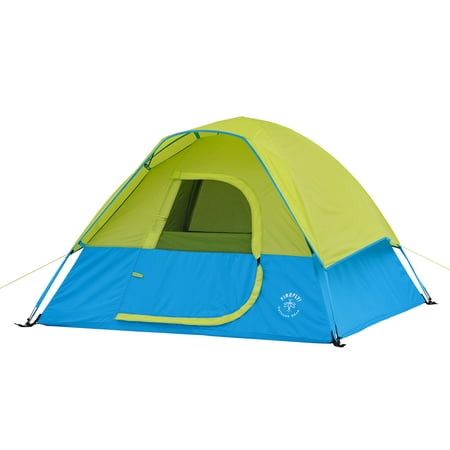
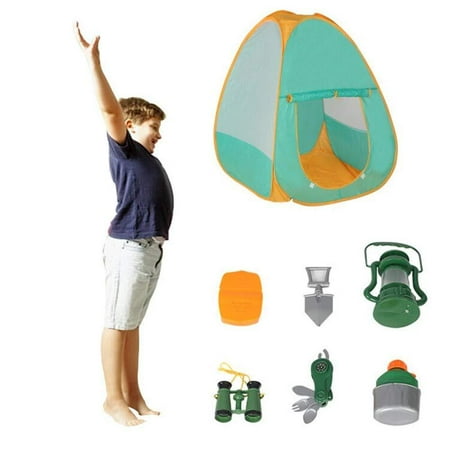
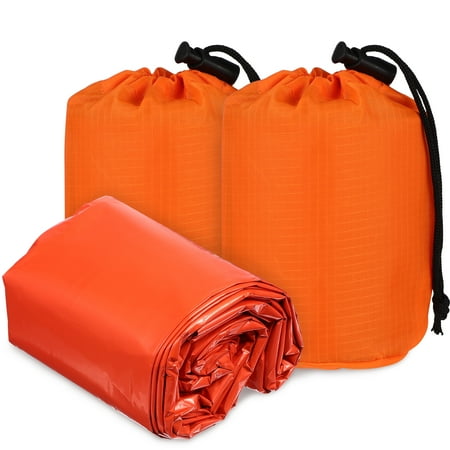

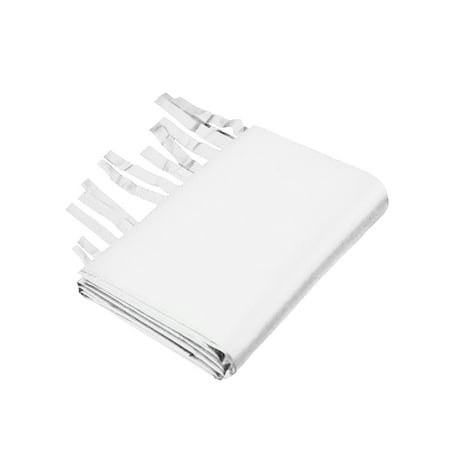
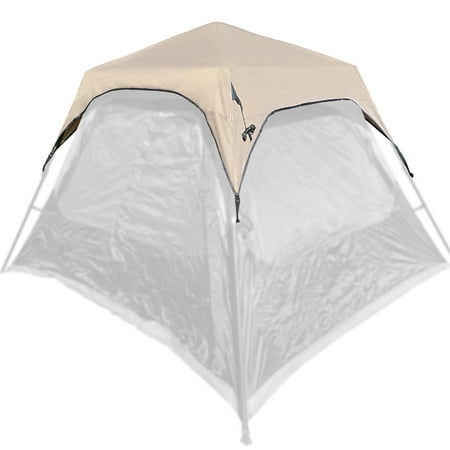

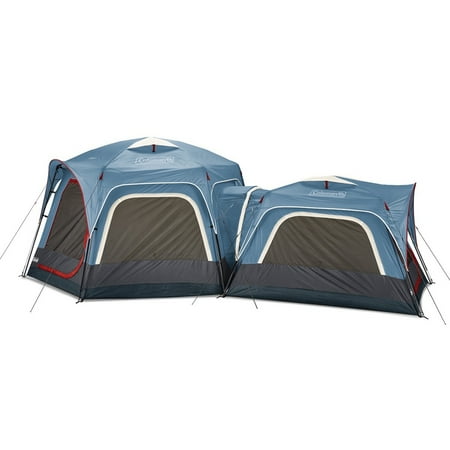
Reduce Waste
Pack reusables – utensils, plates, cups
One of the most effective ways to reduce waste while camping is by packing reusable utensils, plates, and cups. Instead of relying on single-use plastic cutlery or disposable plates, bring along durable items that can be washed and reused throughout your trip. Investing in a set of eco-friendly bamboo or stainless steel utensils and plates will not only reduce your environmental impact but also enhance your camping experience by providing you with quality, long-lasting items.
Avoid single-use products
In addition to packing reusable items, make a conscious effort to avoid single-use products altogether. This includes items such as plastic water bottles, disposable coffee cups, and individually packaged snacks. Instead, bring a reusable water bottle or filtration system to ensure access to safe drinking water. Brew your own coffee in a reusable mug and opt for bulk snacks that can be stored in reusable containers. By eliminating single-use products, you can significantly reduce the amount of waste generated during your camping trip.
Practice responsible food storage and disposal
Proper food storage and disposal are essential aspects of waste reduction while camping. Keep perishable foods in coolers with ice packs or consider using a portable camping fridge to minimize food spoilage. When disposing of food waste, make sure to follow best practices to avoid attracting wildlife. Seal food waste in double-bagged, airtight containers and dispose of it in designated trash bins or by following campground guidelines for food waste disposal. By practicing responsible food storage and disposal, you can prevent waste and minimize the impact on the local ecosystem.
Minimize Energy Consumption
Use energy-efficient lighting
When camping, it’s important to minimize energy consumption by using energy-efficient lighting options. Instead of relying on traditional gas-powered lanterns or disposable batteries, consider using rechargeable LED lanterns or solar-powered string lights. These alternatives are not only more environmentally friendly but also provide long-lasting, reliable lighting. Additionally, always remember to turn off lights when not in use to conserve energy and extend the life of your batteries.
Opt for solar-powered devices
In addition to lighting, consider opting for solar-powered devices to reduce energy consumption during your camping trip. Solar-powered phone chargers, radios, and fans are just a few examples of devices that are readily available and can be powered by the sun. By harnessing solar energy, you can keep your devices charged while minimizing your reliance on traditional fossil fuel-powered alternatives.
Conserve battery usage
To further minimize energy consumption, conserve battery usage by using devices sparingly and efficiently. Prioritize necessary tasks and limit recreational use of electronic devices to extend battery life. Additionally, consider using power-saving modes or settings on your devices to optimize energy efficiency. By being mindful of your battery usage, you can reduce the need for frequent recharging or battery replacements, ultimately lowering your overall energy consumption.
Water Conservation
Collect and use rainwater
Water conservation is crucial, especially when camping in areas where water resources may be limited. Be proactive in collecting rainwater by setting up a rainwater collection system using tarps or rain barrels. This water can be used for various purposes such as cooking, cleaning, and even bathing. By utilizing collected rainwater, you can reduce your reliance on potable water sources and minimize your impact on the environment.
Limit water usage in cooking and cleaning
Another important aspect of water conservation while camping is to limit water usage in cooking and cleaning. Be mindful of the amount of water you use when washing dishes or cooking by using biodegradable soap and minimizing unnecessary rinsing. Consider using wipes or environmentally friendly cleaning products that require less water. By being conscious of your water usage, you can help preserve this valuable resource while still meeting your camping needs.
Properly dispose of wastewater
When camping, it’s important to properly dispose of wastewater to prevent contamination of natural water sources. Avoid dumping wastewater directly onto the ground or into water bodies. Instead, dispose of graywater in designated areas or facilities provided by the campground. Graywater can be filtered and disposed of in a manner that minimizes its impact on the environment. By following proper wastewater disposal practices, you can help preserve the cleanliness and purity of the surrounding natural resources.
Respect Wildlife
Observe animals from a distance
While camping, it’s important to respect wildlife by observing animals from a distance. Do not approach, touch, or attempt to feed wild animals. Keep a safe distance to avoid disturbing their natural behavior and to ensure your safety. Remember, you are a guest in their habitat, and it’s essential to minimize any negative impact on the wildlife population.
Avoid feeding wildlife
Feeding wildlife may seem like a way to connect with nature, but it can have detrimental effects on the animals and their habitat. It disrupts natural feeding patterns and may cause animals to become dependent on human food sources. Additionally, some human food can be harmful or toxic to wildlife. To preserve the natural balance and health of the ecosystem, refrain from feeding wildlife during your camping trip.
Properly store food to prevent wildlife interaction
To prevent wildlife from being attracted to your campsite, properly store food and other scented items. Use bear-resistant containers or hang food in designated food storage lockers. Keep your campsite clean and free of food scraps, and dispose of waste in sealed garbage bags. By properly storing food, you can prevent unnecessary wildlife encounters and ensure the safety of both animals and humans.
Leave No Trace
Pack out all trash
Leaving no trace behind means packing out all trash, including any waste generated during your camping trip. Bring enough trash bags to collect and store your garbage until you can properly dispose of it in designated containers. Make sure to leave your campsite as clean as you found it, if not cleaner. Pick up any litter you come across, even if it’s not yours. By practicing proper waste management, you can keep the natural environment pristine for future campers to enjoy.
Leave natural objects in place
While it may be tempting to take home natural objects as souvenirs, it’s important to leave them in place. Rocks, shells, and other natural elements play an integral role in maintaining the ecosystem’s balance. By leaving these items undisturbed, you allow future visitors to appreciate the untouched beauty of the natural environment.
Dispose of human waste properly
Proper disposal of human waste is essential to maintaining the cleanliness and health of the camping area. Camp in areas with restroom facilities whenever possible. If no facilities are available, practice Leave No Trace principles by digging a small hole at least six inches deep for solid waste disposal. Ensure the hole is at least 200 feet away from water sources to prevent contamination. For liquid waste, disperse it in a wide area to allow for natural decomposition. By properly disposing of human waste, you can prevent the spread of disease and preserve the camping area’s natural integrity.










Campfire Etiquette
Follow fire safety guidelines
Campfires are an integral part of the camping experience, but it’s crucial to follow fire safety guidelines to prevent accidents and minimize environmental impact. Check if campfires are allowed in your camping area and, if so, adhere to any restrictions or regulations. Always use designated fire rings or fire pits, as they are designed to contain the fire and minimize the risk of spreading. Keep a bucket of water or sand nearby to extinguish the fire if necessary. By practicing proper campfire etiquette, you can enjoy the warmth and ambiance of a fire while minimizing your impact on the environment.
Use dead and fallen wood for fire
When gathering wood for your campfire, use only dead and fallen wood. Live trees and branches provide vital habitats for wildlife and contribute to the health of the ecosystem. Collecting dead wood not only ensures that you are using sustainable fuel but also reduces the risk of damaging live trees or disrupting the natural balance of the surrounding environment.
Completely extinguish fires before leaving
Before leaving your campsite or going to sleep, ensure that your campfire is completely extinguished. Use water to thoroughly douse the fire and stir the ashes until there are no visible embers. This step is crucial to preventing accidental wildfires, which can have devastating effects on the environment. Never leave a campfire unattended, and always make sure it is properly extinguished before you leave the area.
Responsible Hiking and Trails
Stick to designated trails
When hiking or exploring the camping area, it’s important to stick to designated trails. Venturing off-trail can damage fragile vegetation, disturb wildlife habitats, and contribute to soil erosion. Stay on marked paths to minimize your impact and preserve the natural beauty of the area for future visitors to enjoy.
Avoid trampling vegetation
While hiking, be mindful of your footsteps and avoid trampling vegetation. Stepping on fragile plants can lead to their destruction and disrupt the delicate balance of the ecosystem. If you encounter obstacles, such as fallen tree branches, carefully step over or around them to avoid causing unnecessary damage.
Stay on durable surfaces
When setting up your campsite or taking breaks during your hike, choose durable surfaces such as rock or gravel instead of delicate vegetation or soil. Using durable surfaces helps preserve the natural environment by preventing soil erosion and minimizing the impact on plant life. By staying on durable surfaces, you can minimize your ecological footprint and ensure the longevity of the camping area.
Respect Quiet Hours
Minimize noise pollution
Respecting quiet hours is not only courteous to other campers but also contributes to the preservation of the natural environment. Minimize noise pollution by avoiding loud conversations, excessive music, or noisy activities during designated quiet hours. Keep in mind that many wilderness areas are home to wildlife that thrives in undisturbed silence. By embracing the tranquility of the camping experience, you can fully appreciate the beauty of nature and consider the experience of others.






Respect campground rules and quiet hours
Be mindful of campground rules and any specific quiet hours designated by the campground management. These rules are put in place to ensure a peaceful and enjoyable experience for all campers. Familiarize yourself with the rules and regulations upon arrival and make a conscious effort to respect them throughout your stay.




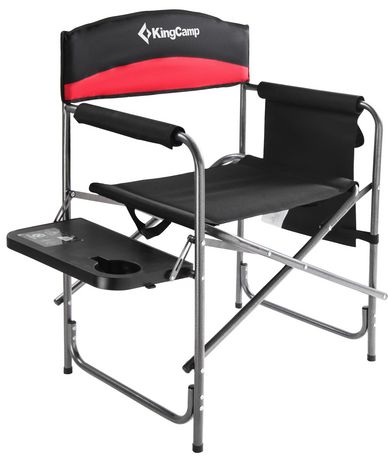
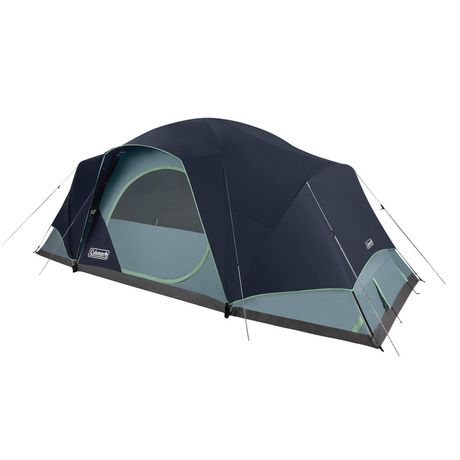
Consider others’ camping experience
In addition to respecting quiet hours, consider the experience of other campers around you. Keep noise levels to a minimum and be considerate of your neighbors. Avoid shining bright lights or playing loud music that may disturb others. By being mindful of those around you, you can create a harmonious camping environment where everyone can relax and appreciate the beauty of nature.
Education and Awareness
Educate yourself about the local ecosystem
While camping, take the opportunity to educate yourself about the local ecosystem. Research the plants, animals, and geological features specific to the area. Learn about any endangered species or fragile habitats that may require extra care and attention. By understanding the intricacies of the ecosystem, you can make informed decisions and actively contribute to its preservation.
Share eco-friendly camping practices with others
Spread awareness and inspire others to embrace eco-friendly camping practices. Share your knowledge and experiences with friends, family, and fellow campers. Educate others about the importance of leaving no trace, reducing waste, and respecting wildlife. By sharing information and encouraging others to adopt eco-friendly practices, you can amplify the positive impact on the environment.
Join or support environmental organizations
Consider joining or supporting environmental organizations that focus on preserving and protecting natural resources. Many organizations offer resources, volunteer opportunities, and educational programs related to eco-friendly camping practices. By getting involved and supporting these organizations, you can actively contribute to the conservation and sustainability efforts on a larger scale.
In conclusion, eco-friendly camping involves making deliberate choices and taking thoughtful actions to minimize our impact on the environment. By choosing eco-friendly camping gear, researching eco-friendly campgrounds, and planning sustainable transport options, we can set the stage for an environmentally responsible camping trip. Reducing waste, minimizing energy consumption, conserving water, respecting wildlife, and leaving no trace behind are essential practices to ensure that our camping experience is enjoyable while preserving the natural beauty for future generations to enjoy. By embracing these principles, we can all become stewards of the environment, leaving no trace behind and creating a positive impact on the world around us. Happy camping!










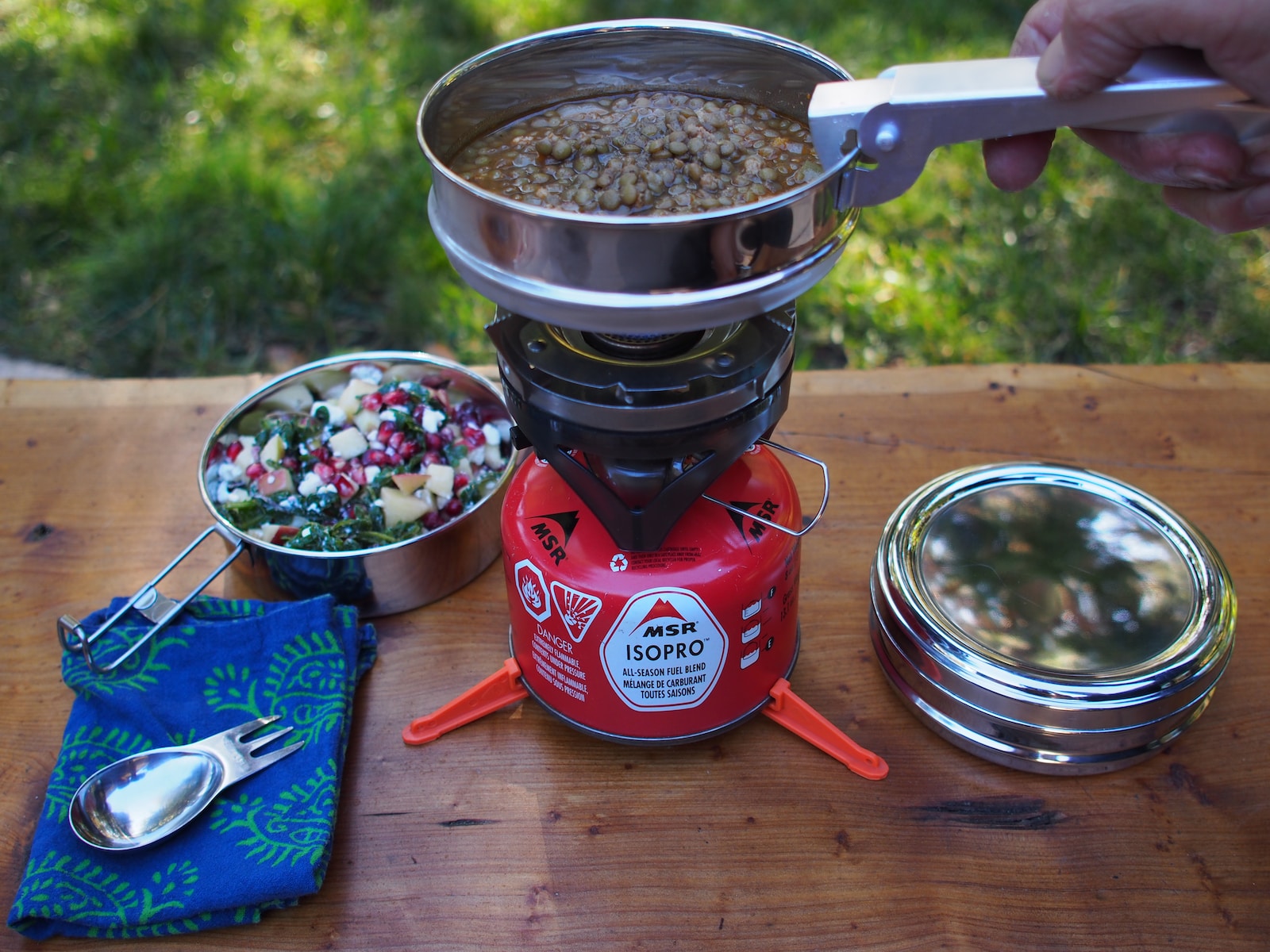
Leave a Reply